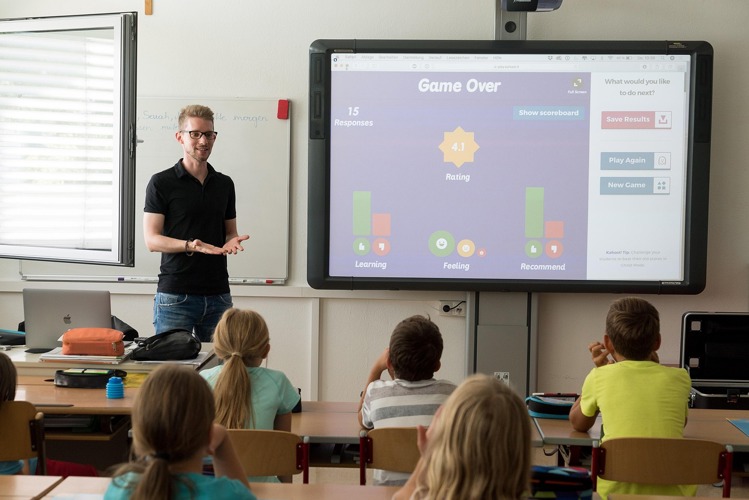
Wake County Public School System (WCPSS) is moving steadily toward adopting a formal policy governing the use of artificial intelligence in its schools, amid growing adoption of generative AI tools, concerns over academic integrity and questions about how to prepare students for a world in which AI is increasingly present.
The Wake County School Board has held a series of informational and committee meetings over the past few months. In one of its recent work sessions, board members heard presentations on what AI and machine learning are; how schools elsewhere are using them; what risks come with them; and how tools like Amazon’s education wing view potential efficiencies. In discussions, the school district emphasized it is encouraging educators and students to learn how to use AI in ways that support learning, rather than banning it outright.
What’s on the Table
The draft policy being discussed would include several guardrails:
Training for students and teachers on the effective, ethical and safe use of generative AI tools
Requirement that students cite use of AI when it contributed significantly to assignments.
Restrictions on use of student data and limiting exposure of personally identifiable information to AI systems.
Ensuring human oversight as to ensure AI would assist or amplify, not replace, educators’ roles.
WCPSS Superintendent Dr. Robert Taylor went on record to say that the intent of the policy is to make sure students are not restricted from learning tools that will be common in society and to balance that with keeping the responsibility of learning with students and the responsibility of teaching with educators, not technology.
Arguments in Favor
Supporters of adopting an AI policy in Wake County argue that:
AI can help personalize instruction for students, tailoring learning to their pace, helping close gaps and freeing teacher time from “routine tasks” so educators can focus on more relational, creative work.
Giving proper guidance and training allows students to use AI responsibly; integrating AI prepares students for the workforce, where such tools are increasingly present.
Having formal, clear rules ensures consistency across the district and gives transparency to students, parents and teachers.
Arguments and Concerns
On the other side, board members, teachers and students have raised several concerns:
Academic integrity is a major worry. Will students rely too heavily on AI to do work for them, undermining their learning? How can the district detect cheating or “hallucination” (false or misleading information generated by AI)?
Over-reliance on AI may weaken critical thinking, research, writing and reasoning skills. If AI does too much of the work, do students still learn the processes behind solving problems?
Data privacy and student data protection: what platforms are used, what data they collect, how secure they are and is student information is being used to train large AI models without appropriate oversight.
Employment concerns for WCPSS staff. NC Gov. Josh Stein mentioned in his recent Executive Order on AI that while there are no current threats to state government employees, “I’m not denying that there may be employment consequences,”. Could there be an impact of the WCPSS workforce in the future?
Next Steps and Timeline
As of this month, the Wake County School Board has no fixed timeline to adopt a comprehensive policy. They are hearing multiple presentations (three are planned), gathering input and researching how other districts and states are handling similar policies. The policy draft in part draws on a model recommended by the North Carolina School Boards Association, though WCPSS delayed recommending that model earlier.
Biblical Takeaway
For Christians, Scripture is clear about the value of human life (Genesis 1:26-27, Psalm 139:13-16). God made us in His image, with creative and intellectual abilities that the rest of creation does not have. And with those abilities come responsibilities. WCPSS and society as a whole has some tough decisions to make about how people should use AI and to what extent and how to protect people and their livelihoods. We continue to pray for our leaders that they make the most responsible choices possible.